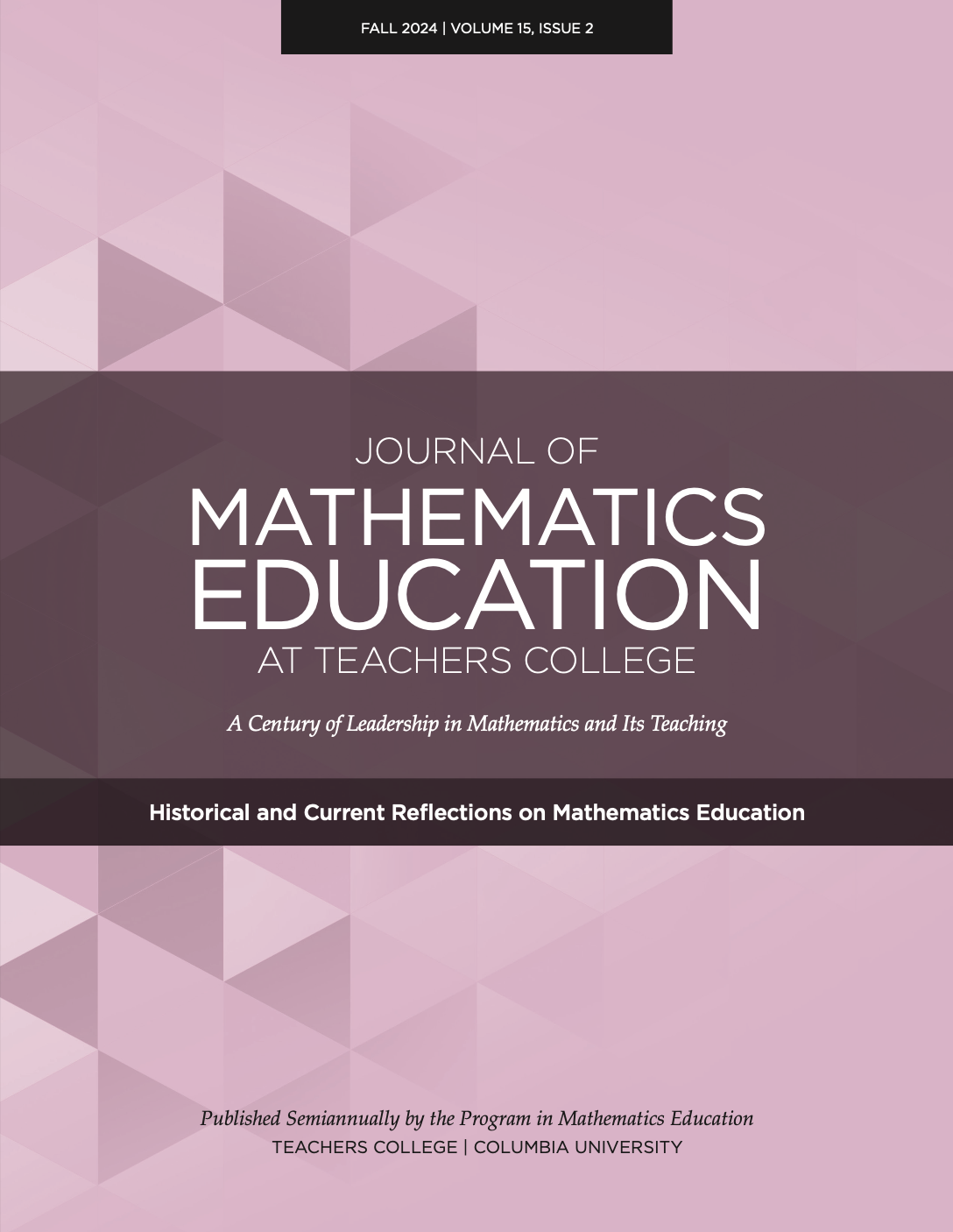Nikolai Bugaev’s Philosophy of Education Arithmetic of Whole Numbers Textbook Analysis
Main Article Content
Abstract
This article explores the educational and philosophical contributions of Nikolai V. Bugaev, a prominent 19th-century Russian mathematician and founder of the Moscow philosophical-mathematical school. The study specifically focuses on Bugaev's textbook, Arithmetic of Whole Numbers, analyzing Bugaev's pedagogical approaches within the broader context of Russia's educational reforms during that era. Bugaev's work can be seen as a response to the evolving needs of a rapidly industrializing society, in which he emphasizes three fundamental components of mathematical education: integration of theory, calculation mechanisms, and practical problem-solving. While Bugaev’s textbook may not have achieved the widespread popularity of other contemporaneous works, it played a crucial role in fostering mathematical thinking and underscored his vision of mathematics as a tool for intellectual development and its interconnectedness with other fields of knowledge.
Article Details

This work is licensed under a Creative Commons Attribution 4.0 International License.

